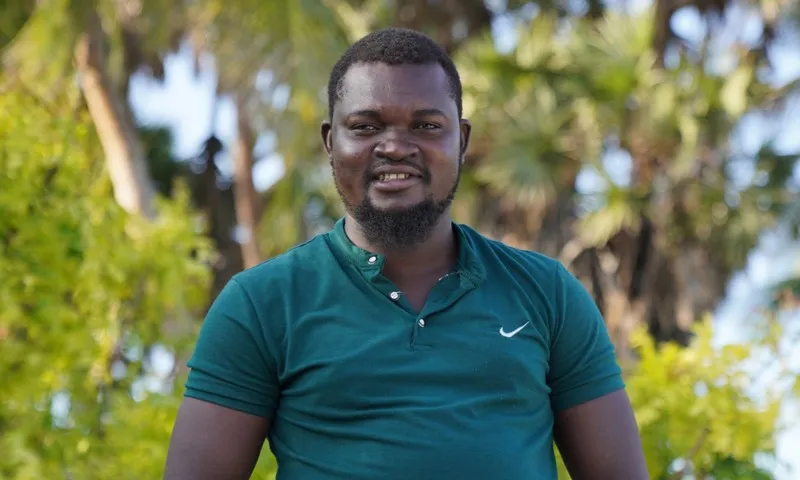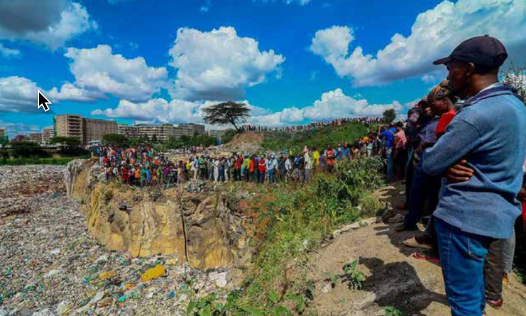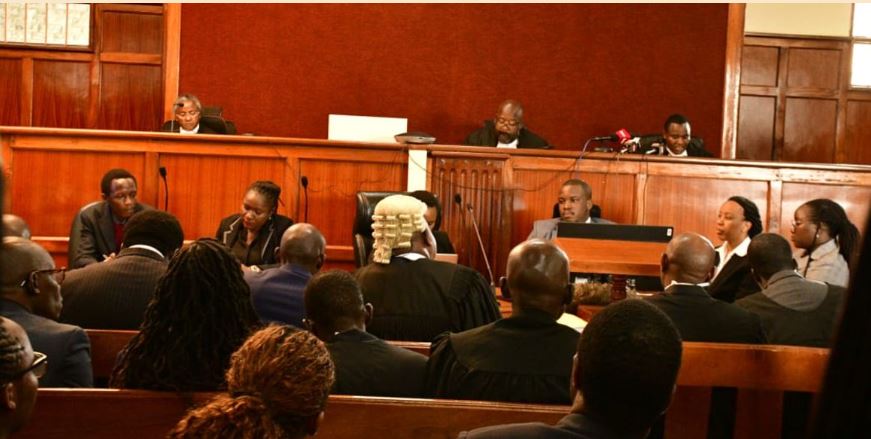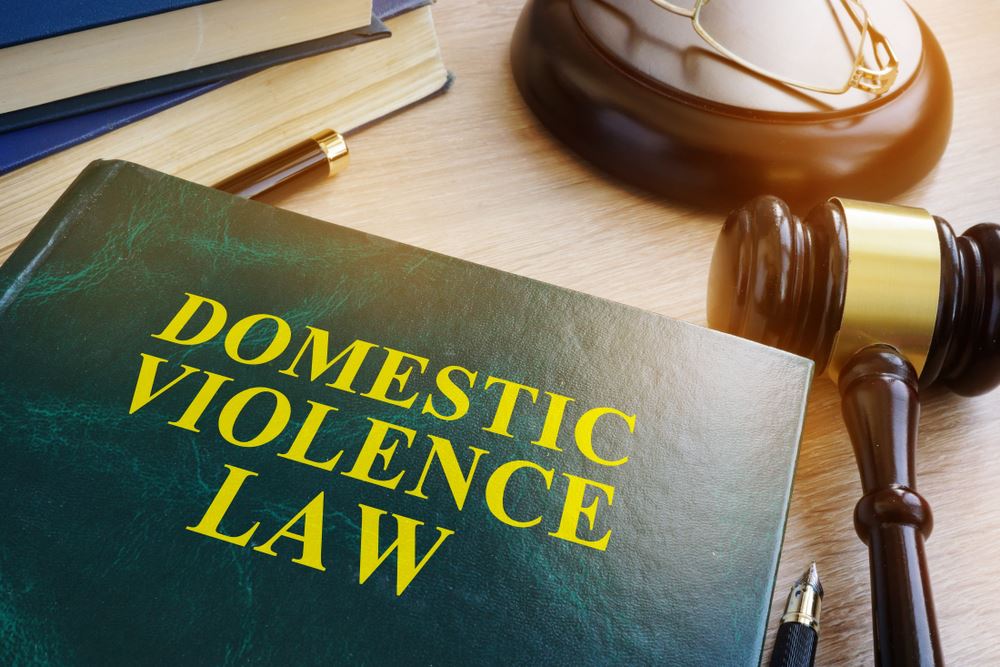Say his Name: When police cells become coffins and speaking the truth becomes a death sentence in Kenya
by admin on | 2025-07-02 06:16:57 Last Updated by admin on 2025-08-27 04:21:37
Share: Facebook | Twitter | Whatsapp | Linkedin Visits: 177

On the afternoon of June 7, 2025, Albert Ojwang was arrested while having lunch with his wife and young son in their village in Kakoth, Homa Bay County. He was 31 years old, a father, a husband, and a recently graduated teacher from Pwani University. He had taught Religious Studies, History, and even coached rugby at Kituma Secondary School in Mwatate. He was also a growing digital voice — using social media to speak about injustice and government corruption. That very day, five officers stormed his home and took him without a warrant.7 The reason? Allegedly, Albert had written online posts accusing Deputy Inspector General Eliud Lagat of corruption. The posts described Lagat as a “mafia cop” and claimed he was manipulating police assignments to protect criminal revenue streams.8 The Directorate of Criminal Investigations (DCI) launched a probe after Lagat lodged a complaint. Albert was tracked, arrested, and immediately transferred over 350 kilometers to Central Police Station in Nairobi. He never made it to court. By the next day, Albert was dead. Police said he hit his head against a wall. But the independent autopsy, witness testimonies, and an IPOA investigation told another story: he was tortured.9 This article explores how Kenya’s police, empowered by flawed systems and political protection, continue to violate the Constitution and the rights of arrested persons. It argues that custodial deaths are no longer isolated events they are part of an embedded pattern of torture, silence, and impunity. The case of Albert Ojwang is not just a personal tragedy. It is a national warning. Arrested by the Law, Abandoned by the Constitution Kenya’s 2010 Constitution is one of the most progressive in Africa. It promises dignity, equality, and justice for all including suspects and prisoners. specifically outlines the rights of arrested persons:
- To be informed of the reason for arrest.
- To remain silent.
- To communicate with an advocate or support person.
- To be brought before a court within 24 hours.
- To be treated with dignity and not held longer than necessary.
Article 25(a) further states that freedom from torture or cruel, inhuman, and degrading treatment is an absolute right meaning it can never be taken away, even during emergencies or war. In Albert Ojwang’s case, every one of these rights was broken... Read more




